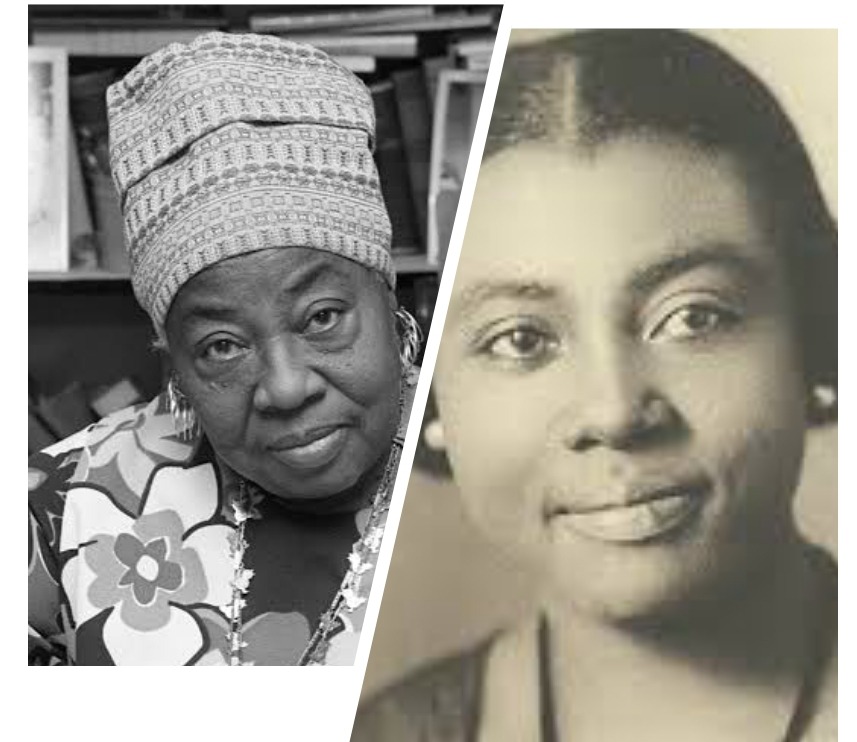Recognised as a pioneer in African American music, Eva Jessye a notable choral conductor and civil rights activist in the twentieth century is recognized as the first black woman to receive international distinction as a choral director, garnering praise from prominent individuals including Coretta Scott.
Born in 1895 to former slaves, Jessye lived with relatives at age three, after her parents separated. Her delve in the music industry began when she began writing poetry before age 10 after being influenced by her great-grandmother and great-aunt’s passion for singing. Jessye developed an early love of traditional Negro spirituals. At age 12, she organized her first performance group, a girl’s quartet. She continued developing her talent and
upon graduation from Western University in Kansas, where she studied music, she earned a teaching certificate at Langston University in Oklahoma.
Super accomplished in the music field, Jessye’s historic influence spread far and wide. Jessye notably helped launch the careers of many black concert artists.
In 1919 she served as the head of the Music Department at Morgan College in Baltimore, Maryland, in 1926 she formed her own choral group known as the Dixie Jubilee Choir, later renamed the Eva Jessye Choir. The group performed spirituals, work songs, mountain ballads, ragtime, jazz, and light opera bagging national and international tours and therefore received global acclaim. In 1927, inspired by the folk music of her childhood, she published a book of songs called My Spirituals.
The Eva Jessye group collaborated in other notable productions working with Virgil Thomson and Gertrude Stein on Four Saints in Three Acts (1933), among others and recorded on major labels, including Columbia Records.
By 1929, the Dixie Jubilee Choir had featured in Hollywood movies, including King Vidor’s Hallelujah,
Apart from her music career, she was also noted for been vocal against racial discrimination, Eva Jessye fought against discriminatory salaries and racial divide, insisting that singers in her choir be paid for rehearsal time for Four Saints.
In 1963, Dr. Martin Luther King Jr. called on the Eva Jessye Choir to become the official chorus of the March on Washington.
Her reach also extended in the acting world, as an actress, her acting credits include such onstage roles as Strawberry Woman in Porgy and Bess and Queenie in Showboat. She also featured in films including Black Like Me (1964) and Slaves (1969). After her choir disbanded in the early 1970s, Jessye returned to writing, teaching, and composing at universities.
Her accomplishments fetched her several honours and accolades; in addition to honorary doctorates from several major universities, Jessye was awarded a Doctor of Determination Certificate from the University of Michigan’s Department of African American Studies in 1976. Kansas governor Robert Bennett declared October 1, 1978 “Eva Jessye Day” and in 1982 she was named the “Kansas Ambassador for the Arts” by Governor John Carlin.
Jessye married twice and had no children. She died in her sleep in February 1992 at age 97 in Ann Arbor, Michigan. She had not completed her book when she died. The funeral was held at the First Presbyterian Church.
Eva Jessye, gone but not forgotten!



